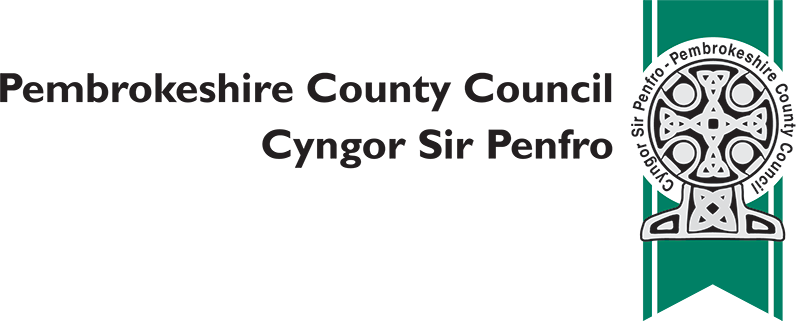
Members of the public asked not to touch dead or sick wild birds as Avian Influenza confirmed
Gofyn i aelodau’r cyhoedd beidio â chyffwrdd adar gwyllt sâl neu feirw wrth i ffliw adar gael ei gadarnhau
Members of the public are being urged not to handle any dead or sick wild birds they may come across in Pembrokeshire, and to keep their dogs away from them.
Hundreds of seabirds have been washed up on beaches on the South Pembrokeshire coast recently. The birds are being regularly removed, although more are being washed up between the clear-ups. Most are guillemots, although razorbills and gannets have also been reported.
Testing has taken place on a sample of the dead birds, and Avian Influenza (bird flu) has this week been confirmed.
A multi-agency response is in place to deal with the issue.
- Dead wild birds in public places should be reported by calling 01437 764551 (or out of hours 0345 601 5522) for Pembrokeshire County Council to arrange to collect safely.
- If you find any sick or injured wild birds (on public or private land), please contact the RSPCA on 0300 1234 999.
- Dead birds on private land should be reported to PCC on the numbers above for information gathering purposes but removal will be via DEFRA on 03459 33 55 77 or see https://www.gov.uk/guidance/report-dead-wild-birds
The organisations working together to deal with the issue are Pembrokeshire County Council, Pembrokeshire Coast National Park Authority, National Trust Cymru, Wildlife Trust of South and West Wales and Welsh Government.
“Please do not handle any dead or sick birds if you come across them, and keep your dogs on leads,” said Cllr David Simpson, Leader of Pembrokeshire County Council.
“Please have information to hand about where and when the bird or birds were discovered. Using a location finding app like what3words to record the location of the dead or sick bird(s) is also extremely helpful.”
James Parkin, Director of Nature and Tourism at Pembrokeshire Coast National Park Authority said: “We are working with Pembrokeshire County Council and partner agencies to provide support across the county following reports of seabirds being washed up on Pembrokeshire’s beaches in the past week.
“We anticipate an increase in the numbers of birds being washed ashore following the recent bad weather and we are urging people not to handle any dead or sick wild birds they may come across, to keep their dogs away, and to follow the advice provided in reporting any incidents.”
Lisa Morgan from the Wildlife Trust of South and West Wales said: “It is really important that members of the public don’t touch dead or sick birds but also that they help us to understand the conservation impacts on our internationally important seabird populations by continuing to report any they might find.”
A Welsh Government spokesperson said: “It is important that people do not pick up or touch any sick or dead wild birds and keep their dogs on leads to prevent them from also coming into contact. We would encourage the public to report any dead wild birds to DEFRA via their helpline or online form (03459 335577 or www.gov.uk/guidance/report-dead-wild-birds ). Sick or injured birds should be reported to the RSPCA (0300 1234 999).”
Rhian Sula, National Trust Cymru’s General Manager for Pembrokeshire added: “We are saddened by the discovery of dead birds across some of the beaches we care for in Pembrokeshire.
“We know it's distressing for people to see sick and dead birds and will continue to work closely with partner organisations and government agencies to monitor the situation.”
While no Avian Influenza Prevention Zone (AIPZ) is currently in place, Welsh Government advice is that bird keepers should to continue to complete the biosecurity self-assessment checklist.
Scrupulous biosecurity is the most effective method of disease control available and all bird keepers should follow enhanced biosecurity measures at all times to prevent the risk of future outbreaks.
These can be found on the Welsh Government website at https://www.gov.wales/sites/default/files/publications/2017-11/avian-influenza-bird-flu-advice-for-keepers-of-small-flocks.pdf
